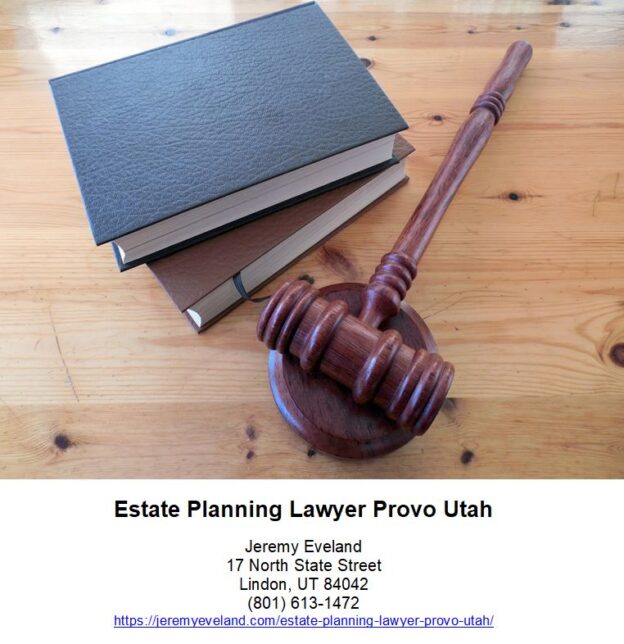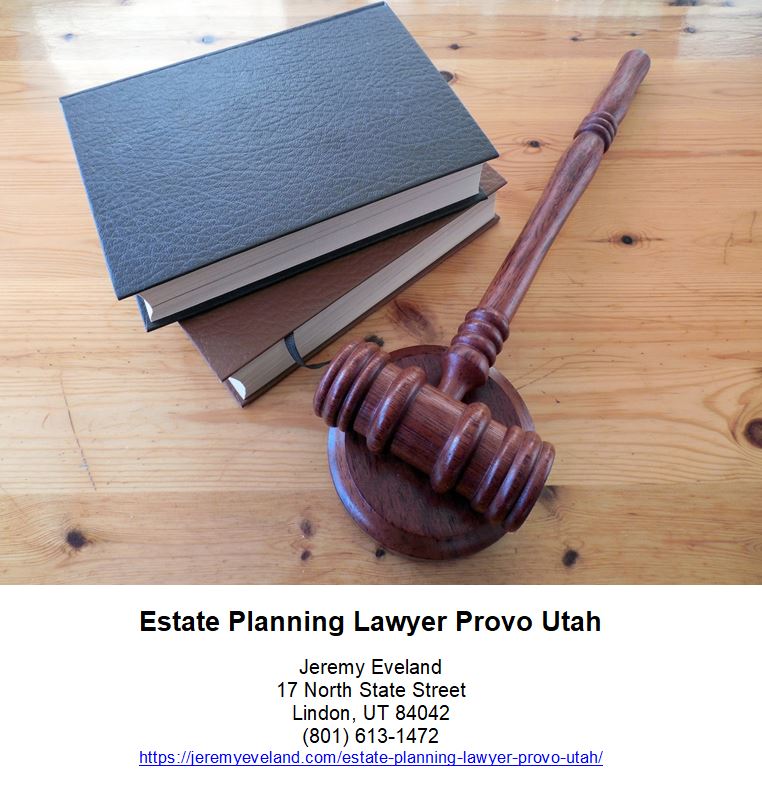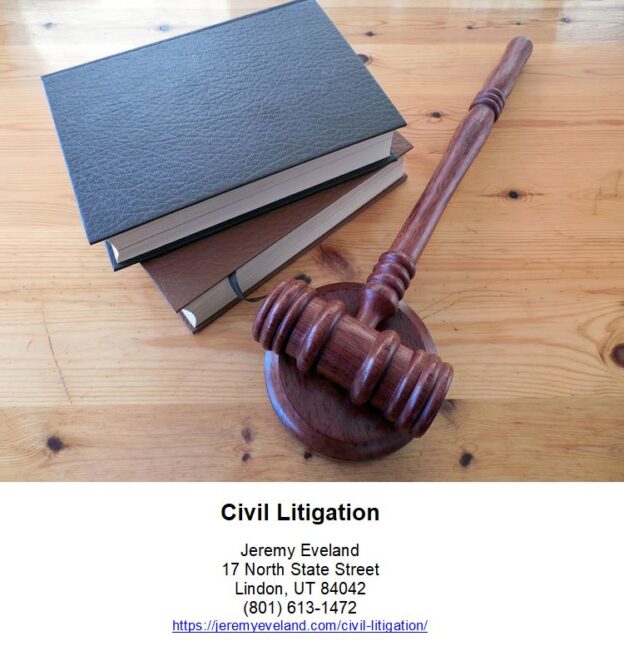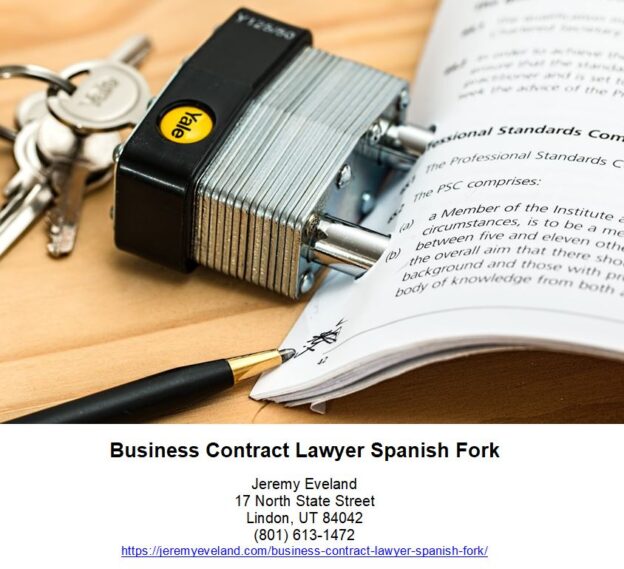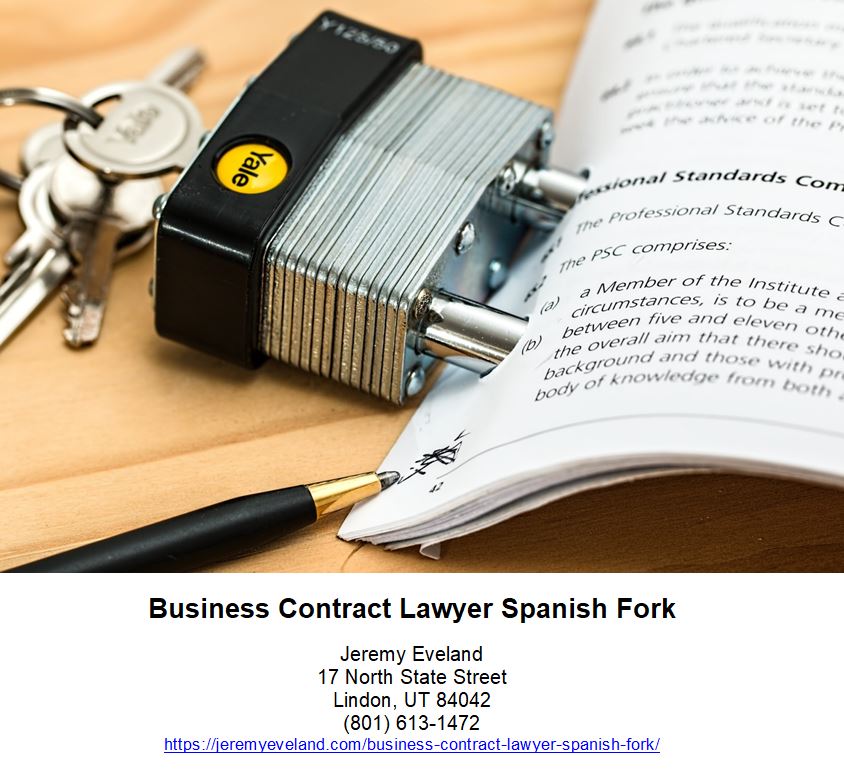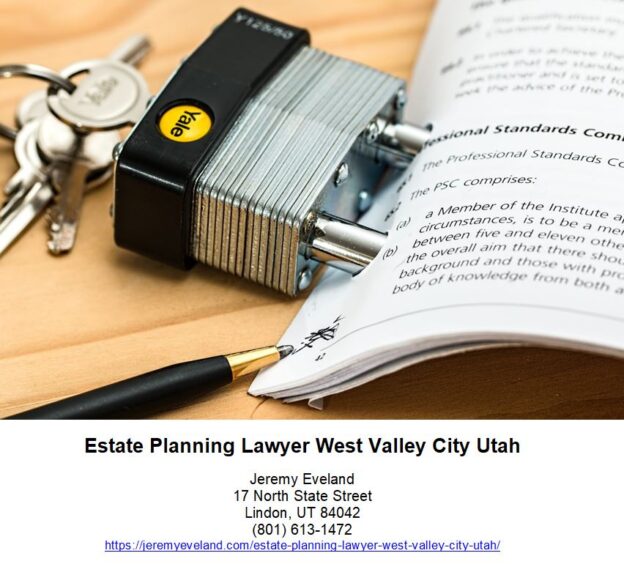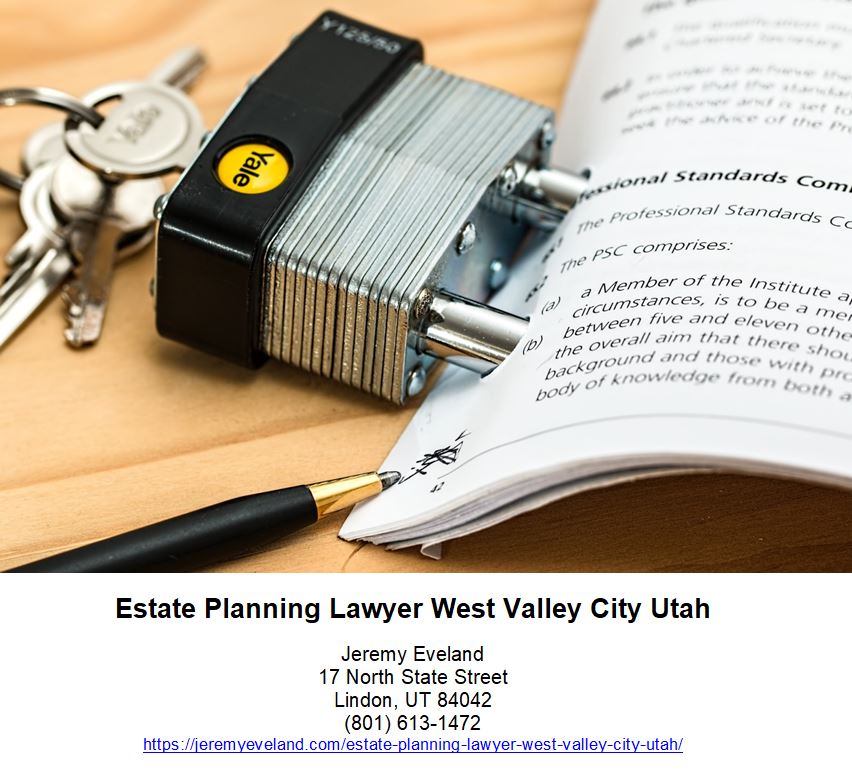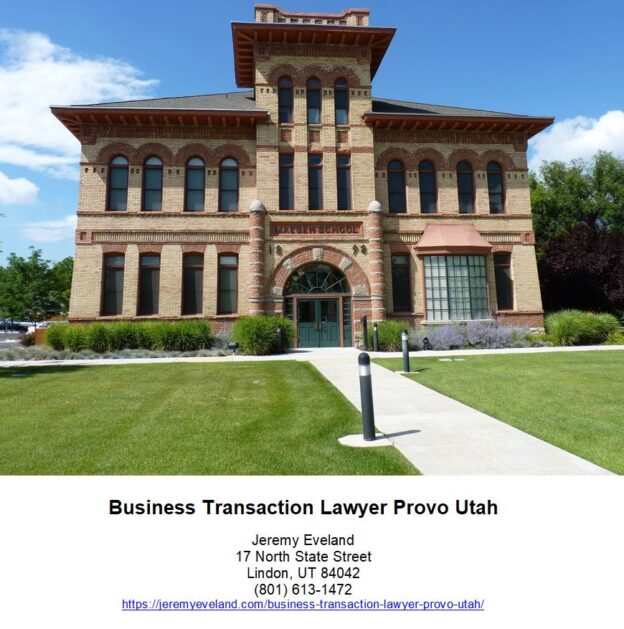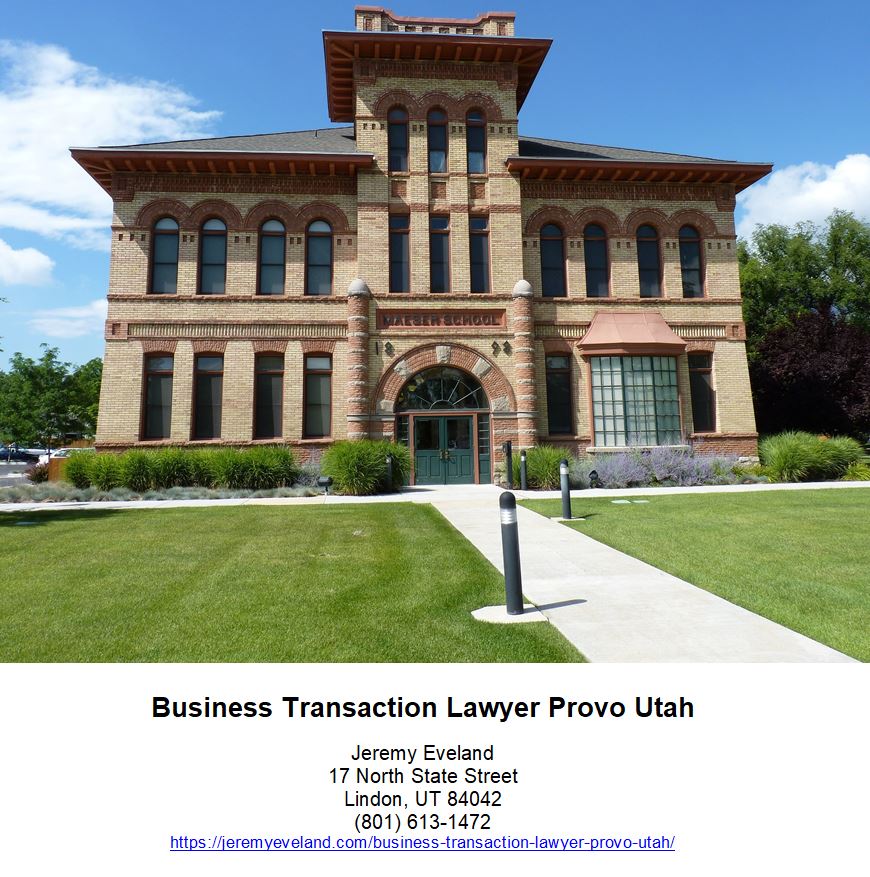-
Attorney at Law
- Introduction
- Creating an Estate Plan with an Estate Planning Lawyer in Orem Utah
- The Role of an Estate Planning Lawyer in Orem Utah
- What to Expect During an Estate Planning Consultation with a Lawyer in Orem Utah
- Understanding the Benefits of Estate Planning in Orem UT
- How to Choose the Right Estate Planning Lawyer in Orem UT
- Q&A
“Secure Your Future with Estate Planning Lawyer Orem Utah”
Introduction
Estate Planning Lawyer Orem Utah is a law firm dedicated to helping individuals and families in Orem, Utah, and the surrounding areas with their estate planning needs. Our experienced attorneys provide comprehensive legal services to help clients create and maintain an effective estate plan. We understand the importance of protecting your assets and providing for your loved ones, and we strive to provide the highest quality of legal advice and representation. Our attorneys are knowledgeable in all aspects of estate planning, including wills, trusts, probate, guardianship, and more. We are committed to providing our clients with the best possible legal advice and representation, and we are dedicated to helping them achieve their estate planning goals.
Creating an Estate Plan with an Estate Planning Lawyer in Orem Utah
Creating an estate plan is an important step in ensuring that your wishes are carried out after you pass away. An estate plan is a set of legal documents that outlines how you want your assets to be distributed and who will be responsible for carrying out your wishes. An estate planning lawyer in Orem, Utah can help you create an estate plan that meets your needs and ensures that your wishes are carried out.
When you meet with an estate planning lawyer in Orem, Utah, they will discuss your goals and objectives for your estate plan. They will also review your assets and liabilities to determine what type of estate plan is best for you. Your estate planning lawyer will then help you create a plan that meets your needs. This may include creating a will, setting up trusts, and establishing powers of attorney.
Your estate planning lawyer will also help you understand the tax implications of your estate plan. They will explain the different types of taxes that may be applicable to your estate and how to minimize them. They will also help you understand the probate process and how to ensure that your estate is distributed according to your wishes.
Your estate planning lawyer in Orem, Utah will also help you create a plan for long-term care. This may include setting up a trust to provide for your care in the event of your incapacity or setting up a guardianship for minor children. Your estate planning lawyer will also help you understand the different types of long-term care options available and how to choose the best option for you.
Creating an estate plan is an important step in ensuring that your wishes are carried out after you pass away. An estate planning lawyer in Orem, Utah can help you create an estate plan that meets your needs and ensures that your wishes are carried out. They will review your assets and liabilities, explain the tax implications of your estate plan, and help you create a plan for long-term care. With the help of an experienced estate planning lawyer, you can ensure that your wishes are carried out after you pass away.
The Role of an Estate Planning Lawyer in Orem Utah
An estate planning lawyer in Orem, Utah plays an important role in helping individuals and families plan for their future. Estate planning is the process of creating a plan for the management and distribution of an individual’s assets after their death. It is important to have an experienced estate planning lawyer to help ensure that the plan is properly executed and that the individual’s wishes are carried out.
An estate planning lawyer in Orem, Utah can help individuals and families create a comprehensive estate plan that meets their needs. This includes creating a will, trust, and other documents that will ensure that the individual’s wishes are carried out. The lawyer can also help with the selection of an executor, trustee, and other fiduciaries to manage the estate. Additionally, the lawyer can help with the selection of beneficiaries and the distribution of assets.
An estate planning lawyer in Orem, Utah can also help individuals and families with tax planning. This includes helping to minimize taxes on the estate and ensuring that the estate is properly administered. The lawyer can also help with the selection of guardians for minor children and the creation of powers of attorney.
An estate planning lawyer in Orem, Utah can also help individuals and families with asset protection. This includes helping to protect assets from creditors and other potential claims. The lawyer can also help with the selection of a guardian for a disabled individual and the creation of a special needs trust.
An estate planning lawyer in Orem, Utah can also help individuals and families with probate. This includes helping to ensure that the estate is properly administered and that the individual’s wishes are carried out. The lawyer can also help with the selection of an executor and the distribution of assets.
An estate planning lawyer in Orem, Utah can provide invaluable assistance to individuals and families in planning for their future. The lawyer can help to ensure that the individual’s wishes are carried out and that the estate is properly administered. The lawyer can also help with tax planning, asset protection, and probate. With the help of an experienced estate planning lawyer, individuals and families can rest assured that their wishes will be carried out and their assets will be protected.
What to Expect During an Estate Planning Consultation with a Lawyer in Orem Utah
An estate planning consultation with a lawyer in Orem, Utah is an important step in ensuring that your wishes are carried out after you pass away. During the consultation, the lawyer will discuss your goals and objectives for your estate plan. The lawyer will also review your current financial situation and any assets you may have.
The lawyer will explain the various estate planning tools available to you, such as wills, trusts, and powers of attorney. They will also discuss the tax implications of each tool and how they can help you achieve your goals. The lawyer will also explain the importance of having a health care directive and how it can help protect your wishes in the event of an illness or injury.
The lawyer will also discuss the importance of having a durable power of attorney and how it can help you manage your finances if you become incapacitated. They will also discuss the importance of having a living will and how it can help ensure that your wishes are carried out in the event of your death.
Finally, the lawyer will discuss the importance of having a revocable living trust and how it can help you manage your assets and protect them from creditors. They will also discuss the importance of having a beneficiary designation form and how it can help ensure that your assets are distributed according to your wishes.
At the end of the consultation, the lawyer will provide you with a written summary of the estate planning tools discussed and any recommendations they may have. They will also provide you with a list of any documents you may need to complete in order to implement your estate plan.
Understanding the Benefits of Estate Planning in Orem UT
Estate planning is an important part of financial planning for individuals and families in Orem, UT. Estate planning is the process of organizing and managing your assets and liabilities in order to ensure that your wishes are carried out after you pass away. It is important to understand the benefits of estate planning in order to make sure that your wishes are respected and that your assets are distributed according to your wishes.
One of the primary benefits of estate planning is that it allows you to control how your assets are distributed after you pass away. Without an estate plan, your assets will be distributed according to the laws of the state in which you reside. This means that your assets may not be distributed according to your wishes. With an estate plan, you can specify who will receive your assets and how they will be distributed. This allows you to ensure that your assets are distributed according to your wishes.
Another benefit of estate planning is that it can help to reduce the amount of taxes that your estate will owe. Estate taxes can be a significant burden on your estate, and estate planning can help to reduce the amount of taxes that your estate will owe. Estate planning can also help to reduce the amount of time that it takes to settle your estate. Without an estate plan, it can take months or even years to settle your estate. With an estate plan, the process can be much faster and more efficient.
Finally, estate planning can help to protect your assets from creditors. Without an estate plan, creditors may be able to access your assets and use them to satisfy their debts. With an estate plan, you can specify which assets are protected from creditors and which are not. This can help to ensure that your assets are protected from creditors and that your wishes are respected.
Estate planning is an important part of financial planning for individuals and families in Orem, UT. It can help to ensure that your wishes are respected and that your assets are distributed according to your wishes. It can also help to reduce the amount of taxes that your estate will owe and can help to protect your assets from creditors. Understanding the benefits of estate planning can help you to make sure that your wishes are respected and that your assets are distributed according to your wishes.
How to Choose the Right Estate Planning Lawyer in Orem UT
Choosing the right estate planning lawyer in Orem, UT is an important decision. It is important to find an attorney who is knowledgeable and experienced in estate planning and who can provide the best advice and guidance for your particular situation. Here are some tips to help you find the right estate planning lawyer in Orem, UT:
1. Research: Before you begin your search for an estate planning lawyer, it is important to do some research. Look for attorneys who specialize in estate planning and who have experience in the area. Check out their websites and read reviews from past clients.
2. Ask for Referrals: Ask family and friends for referrals to estate planning lawyers in Orem, UT. This is a great way to get an idea of who is reputable and who has a good reputation.
3. Interview: Once you have narrowed down your list of potential estate planning lawyers, it is important to interview each one. Ask questions about their experience, qualifications, and fees. Make sure you feel comfortable with the lawyer and that you understand their approach to estate planning.
4. Check Credentials: Make sure the estate planning lawyer you choose is licensed and in good standing with the Utah State Bar Association.
5. Fees: Ask about the lawyer’s fees and payment options. Make sure you understand the fee structure and that you are comfortable with it.
By following these tips, you can be sure to find the right estate planning lawyer in Orem, UT for your needs. With the right lawyer, you can be sure that your estate planning needs are taken care of in the best way possible.
Q&A
1. What services does an estate planning lawyer in Orem Utah provide?
2. How much does an estate planning lawyer in Orem Utah cost?
The cost of an estate planning lawyer in Orem Utah will vary depending on the complexity of the estate plan and the services provided. Generally, estate planning lawyers charge an hourly rate or a flat fee for their services.
3. What should I look for when choosing an estate planning lawyer in Orem Utah?
When choosing an estate planning lawyer in Orem Utah, it is important to find an experienced lawyer who is knowledgeable about the laws in your state. You should also look for a lawyer who is willing to take the time to understand your individual needs and goals.
4. What documents should I bring to my initial consultation with an estate planning lawyer in Orem Utah?
When meeting with an estate planning lawyer in Orem Utah, it is important to bring any relevant documents, such as a list of your assets and liabilities, a copy of your will, and any other documents related to your estate plan.
5. What is the difference between a will and a trust?
A will is a legal document that outlines how a person’s assets should be distributed after their death. A trust is a legal entity that can be used to manage and distribute assets during a person’s lifetime and after their death.
Areas We Serve
We serve individuals for estate planning law in the following locations:
Salt Lake City Utah
West Valley City Utah
Provo Utah
West Jordan Utah
Orem Utah
Sandy Utah
Ogden Utah
St. George Utah
Layton Utah
South Jordan Utah
Lehi Utah
Millcreek Utah
Taylorsville Utah
Logan Utah
Murray Utah
Draper Utah
Bountiful Utah
Riverton Utah
Herriman Utah
Spanish Fork Utah
Roy Utah
Pleasant Grove Utah
Kearns Utah
Tooele Utah
Cottonwood Heights Utah
Midvale Utah
Springville Utah
Eagle Mountain Utah
Cedar City Utah
Kaysville Utah
Clearfield Utah
Holladay Utah
American Fork Utah
Syracuse Utah
Saratoga Springs Utah
Magna Utah
Washington Utah
South Salt Lake Utah
Farmington Utah
Clinton Utah
North Salt Lake Utah
Payson Utah
North Ogden Utah
Brigham City Utah
Highland Utah
Centerville Utah
Hurricane Utah
South Ogden Utah
Heber Utah
West Haven Utah
Bluffdale Utah
Santaquin Utah
Smithfield Utah
Woods Cross Utah
Grantsville Utah
Lindon Utah
North Logan Utah
West Point Utah
Vernal Utah
Alpine Utah
Cedar Hills Utah
Pleasant View Utah
Mapleton Utah
Stansbury Par Utah
Washington Terrace Utah
Riverdale Utah
Hooper Utah
Tremonton Utah
Ivins Utah
Park City Utah
Price Utah
Hyrum Utah
Summit Park Utah
Salem Utah
Richfield Utah
Santa Clara Utah
Providence Utah
South Weber Utah
Vineyard Utah
Ephraim Utah
Roosevelt Utah
Farr West Utah
Plain City Utah
Nibley Utah
Enoch Utah
Harrisville Utah
Snyderville Utah
Fruit Heights Utah
Nephi Utah
White City Utah
West Bountiful Utah
Sunset Utah
Moab Utah
Midway Utah
Perry Utah
Kanab Utah
Hyde Park Utah
Silver Summit Utah
La Verkin Utah
Morgan Utah
Estate Planning Lawyer Orem Utah Consultation
When you need help from an Estate Planning Lawyer near Orem Utah call Jeremy D. Eveland, MBA, JD (801) 613-1472 for a consultation.
Jeremy Eveland
17 North State Street
Lindon UT 84042
(801) 613-1472
Related Posts
Corporate Attorney Riverton Utah
Advantages of Hiring a Utah Personal Injury Lawyer
Estate Planning Lawyer Provo Utah
Business Lawyer West Valley City Utah
Business Succession Lawyer Eagle Mountain Utah
Estate Planning Lawyer West Jordan Utah
Business Acquisition Lawyer Sandy Utah
Estate Planning Lawyer Orem Utah
[geocentric_weather id=”fc15bdb1-6bb4-44ef-a8fb-37e8effdd9db”]
[geocentric_about id=”fc15bdb1-6bb4-44ef-a8fb-37e8effdd9db”]
[geocentric_neighborhoods id=”fc15bdb1-6bb4-44ef-a8fb-37e8effdd9db”]
[geocentric_thingstodo id=”fc15bdb1-6bb4-44ef-a8fb-37e8effdd9db”]
[geocentric_busstops id=”fc15bdb1-6bb4-44ef-a8fb-37e8effdd9db”]
[geocentric_mapembed id=”fc15bdb1-6bb4-44ef-a8fb-37e8effdd9db”]
[geocentric_drivingdirections id=”fc15bdb1-6bb4-44ef-a8fb-37e8effdd9db”]
[geocentric_reviews id=”fc15bdb1-6bb4-44ef-a8fb-37e8effdd9db”]






